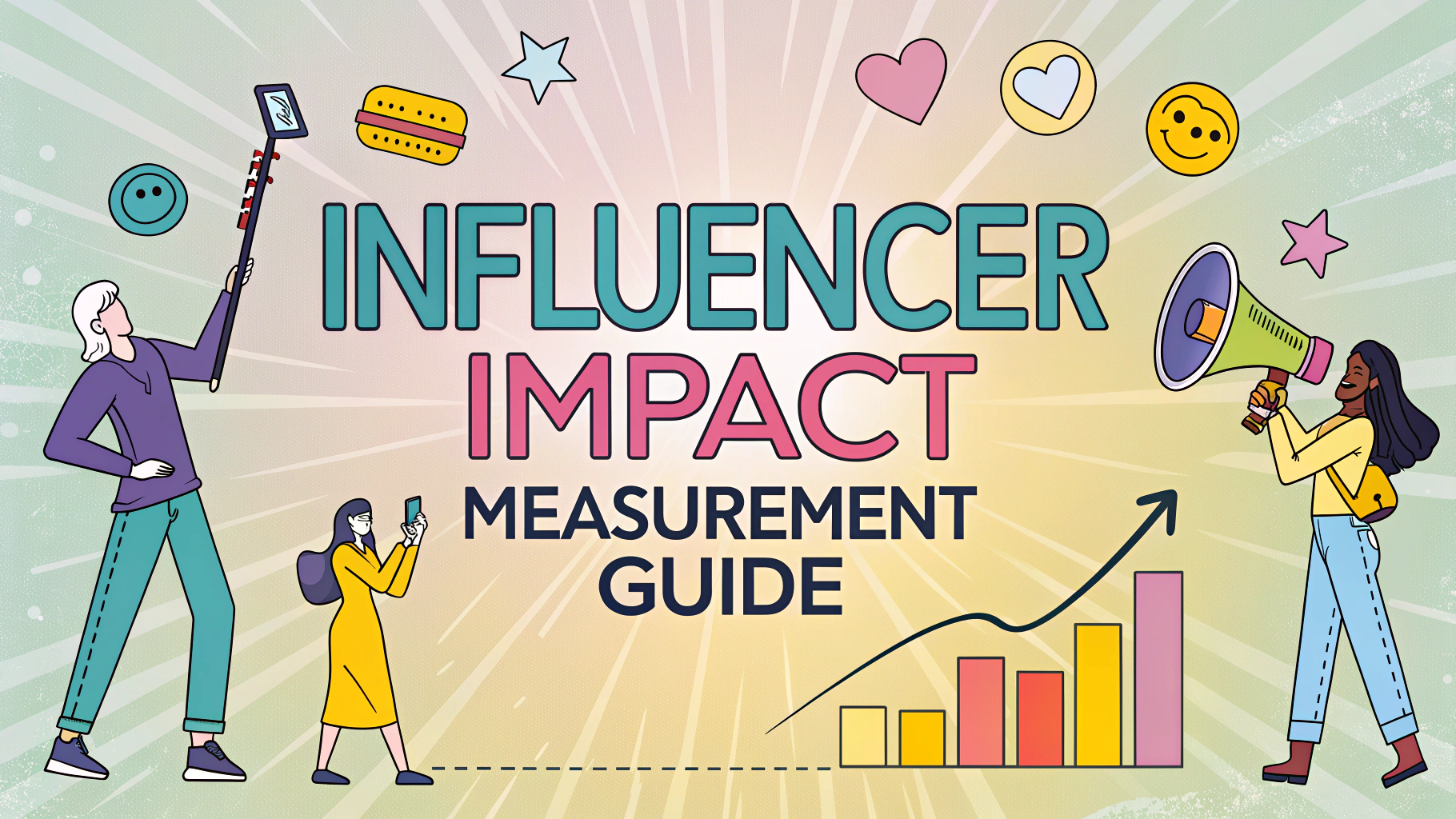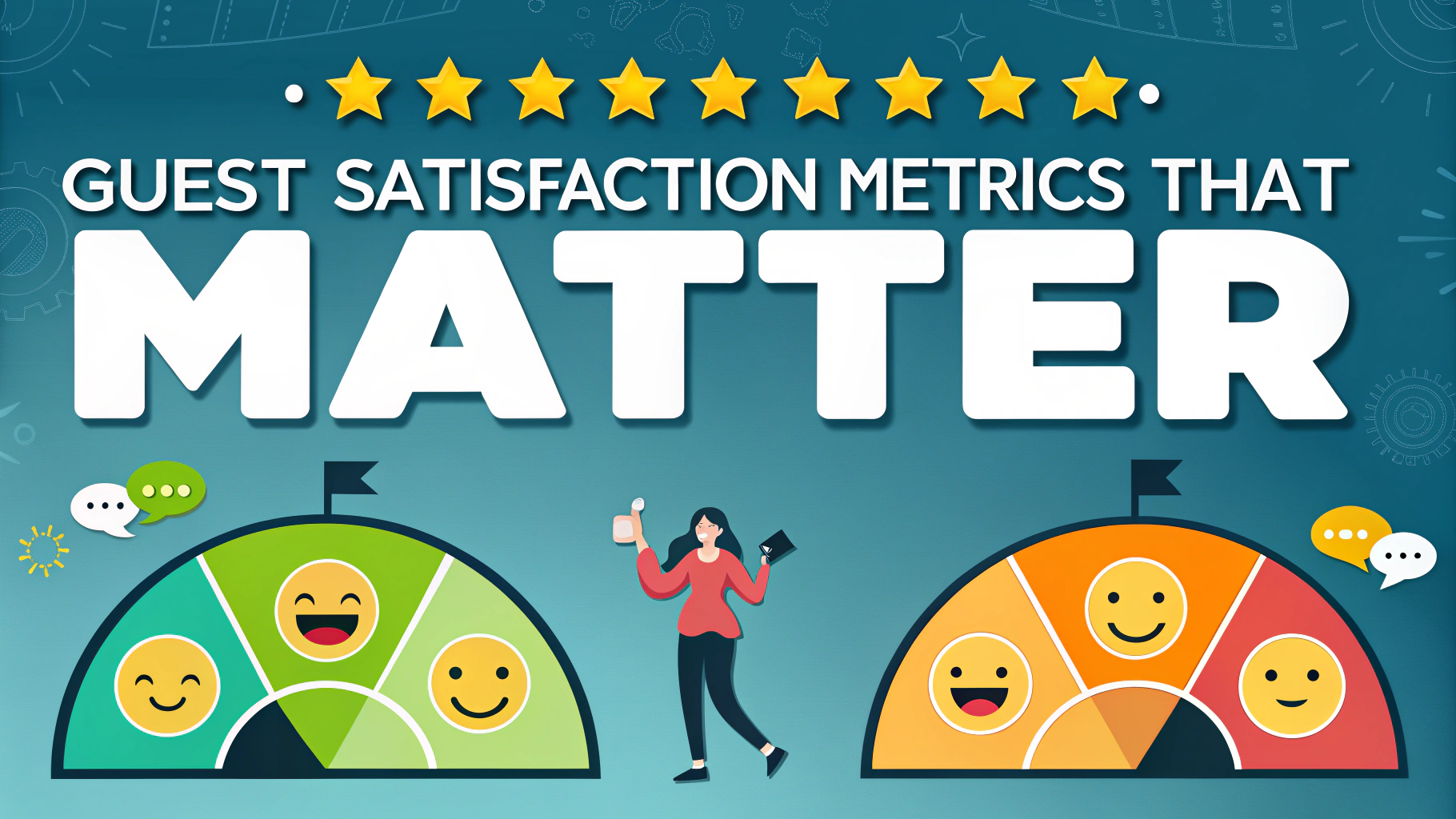Group bookings represent a significant revenue opportunity for hotels, offering higher average spending and longer stays compared to individual reservations.
Successfully attracting and managing group bookings requires a targeted marketing approach that addresses the unique needs of different group types – from corporate meetings to wedding parties.
This quick guide outlines effective marketing strategies to increase group bookings, streamline the booking process, and maximize revenue potential.
Identify Your Target Group Markets
- Corporate Groups
- Business meetings
- Conferences
- Team building retreats
- Social Groups
- Weddings
- Family reunions
- Special celebrations
- Tour Groups
- Travel agencies
- Tour operators
- Educational institutions
Optimize Your Online Presence
Create a dedicated groups section on your hotel website with detailed information about meeting spaces, amenities, and group packages.
Include high-quality photos and virtual tours of your meeting spaces, banquet halls, and group-friendly amenities.
Implement an online RFP (Request for Proposal) system to streamline the inquiry process.
Develop Attractive Group Packages
| Package Type | Key Inclusions |
|---|---|
| Corporate | Meeting space, AV equipment, coffee breaks, business center access |
| Wedding | Reception venue, accommodation blocks, coordination services |
| Tour Groups | Bulk room rates, breakfast, local activity arrangements |
Leverage Digital Marketing Channels
- Use LinkedIn for corporate event marketing
- Create targeted social media ads for wedding planners
- Develop email campaigns for travel agencies
- List your property on group booking platforms
Build Strategic Partnerships
Partner with local event planners, wedding coordinators, and destination management companies.
Join industry associations like Meeting Professionals International (MPI) or Professional Convention Management Association (PCMA).
Implement a Group Booking Management System
- Use specialized software for:
- Block room management
- Group billing
- Event scheduling
- Resource allocation
Provide Exceptional Group Coordination
Assign dedicated group coordinators to handle specific market segments.
Create detailed standard operating procedures for group check-ins and special requests.
Establish clear communication channels between sales, operations, and service teams.
Keys to Long-term Success
Track group booking patterns and adjust strategies based on performance data.
Gather feedback through post-event surveys and maintain relationships with group organizers.
Stay updated on industry trends and continuously refine your group offerings.
Contact industry associations like MPI (www.mpi.org) or PCMA (www.pcma.org) for additional resources and networking opportunities.
Measure and Track Success
Implement comprehensive analytics to monitor group booking performance:
- Track conversion rates from inquiries
- Measure revenue per group
- Monitor seasonal booking patterns
- Analyze feedback scores
Train Your Team
Develop specialized training programs for staff handling group bookings:
- Sales techniques for different group types
- Event coordination best practices
- Problem-solving scenarios
- Cultural sensitivity training
Create Value-Added Services
| Service Type | Benefits |
|---|---|
| Transportation | Airport transfers, local shuttle service |
| Technology | Virtual meeting support, streaming capabilities |
| Experience | Local tours, team building activities |
Risk Management
Develop clear policies for:
- Cancellations and modifications
- Payment terms
- Force majeure situations
- Insurance requirements
Maximizing Group Business Success
Successful group business management requires a balanced approach combining strategic marketing, efficient operations, and exceptional service delivery. Focus on building lasting relationships with group organizers while continuously adapting to changing market demands.
Regular review and updates of your group booking strategies ensure sustained growth and profitability in this vital market segment. Remember that each successful group booking can lead to repeat business and valuable referrals.
Stay connected with industry partners and maintain active participation in relevant associations to keep your group booking strategies current and competitive.
FAQs
- What is considered a group booking in the hotel industry?
A group booking typically involves 10 or more rooms booked for the same dates, often including meeting spaces or event facilities. - How far in advance should hotels start marketing for group bookings?
Hotels should begin marketing for group bookings 12-18 months in advance, as many organizations plan their events and conferences well ahead of time. - What are the most effective channels for promoting group bookings?
LinkedIn, professional associations, trade shows, corporate travel managers, meeting planners, and dedicated group booking platforms are the most effective channels. - What types of incentives work best for group bookings?
Complimentary meeting space, room upgrades, free Wi-Fi, discounted food and beverage packages, and flexible cancellation policies are proven incentives. - How should hotels structure their group booking rates?
Hotels should offer tiered pricing based on room volume, season, and length of stay, with clear value-adds for each tier and competitive market rates. - What role do partnerships play in group booking marketing?
Partnerships with convention bureaus, corporate travel agencies, event planners, and local attractions can significantly increase group booking opportunities. - How can hotels leverage digital marketing for group bookings?
Through targeted email campaigns, SEO-optimized landing pages, virtual tours, professional photography, and social media advertising focused on corporate decision-makers. - What are the essential elements of a group booking proposal?
A comprehensive proposal should include detailed pricing, room block information, meeting space specifications, F&B options, audiovisual capabilities, and cancellation terms. - How can hotels optimize their website for group bookings?
Include a dedicated groups section, easy-to-find RFP forms, virtual tours, capacity charts, floor plans, and detailed amenity information for meeting planners. - What metrics should hotels track for group booking marketing success?
Track lead conversion rates, response time to RFPs, booking window length, group revenue per available room (RevPAR), and customer satisfaction scores.







